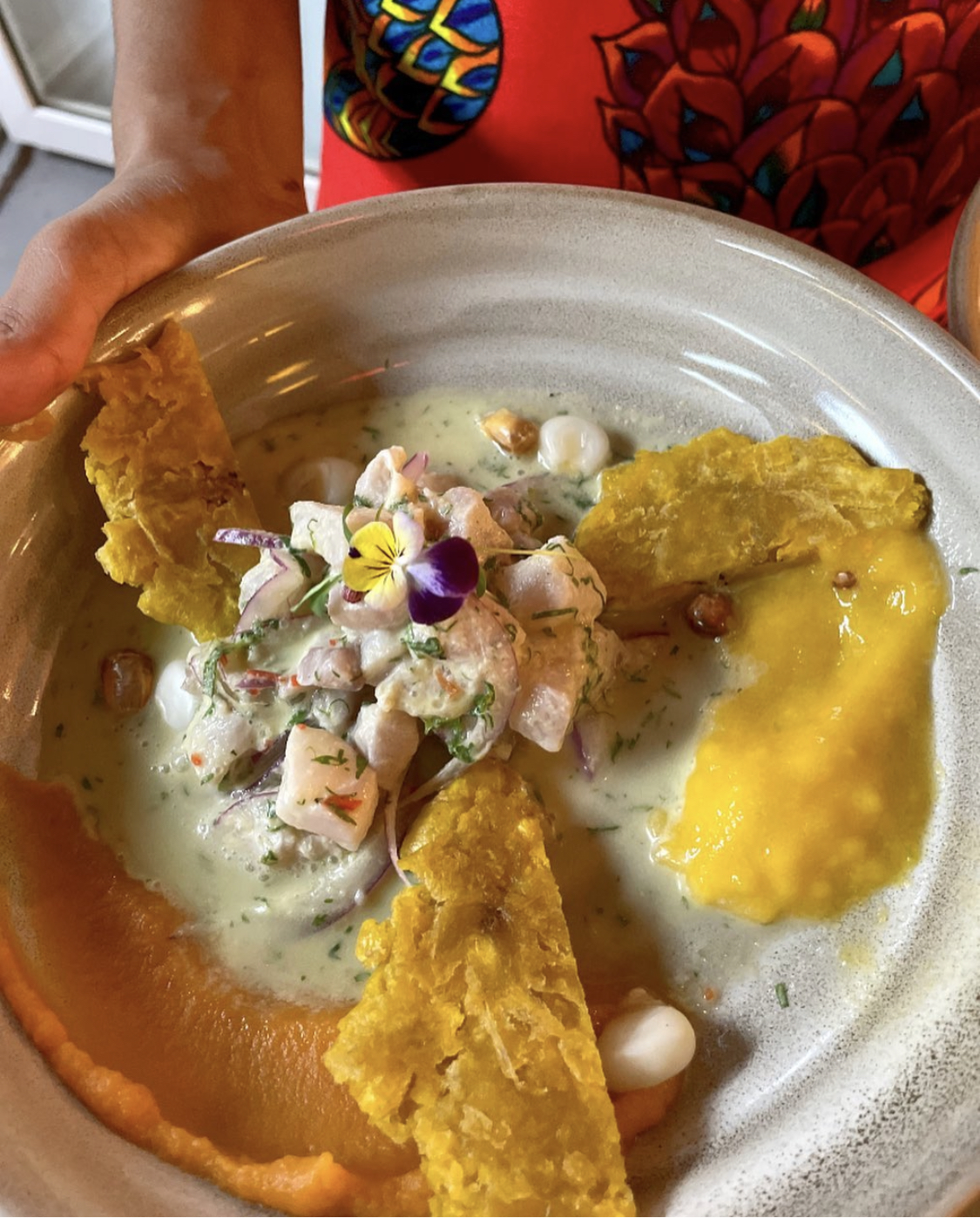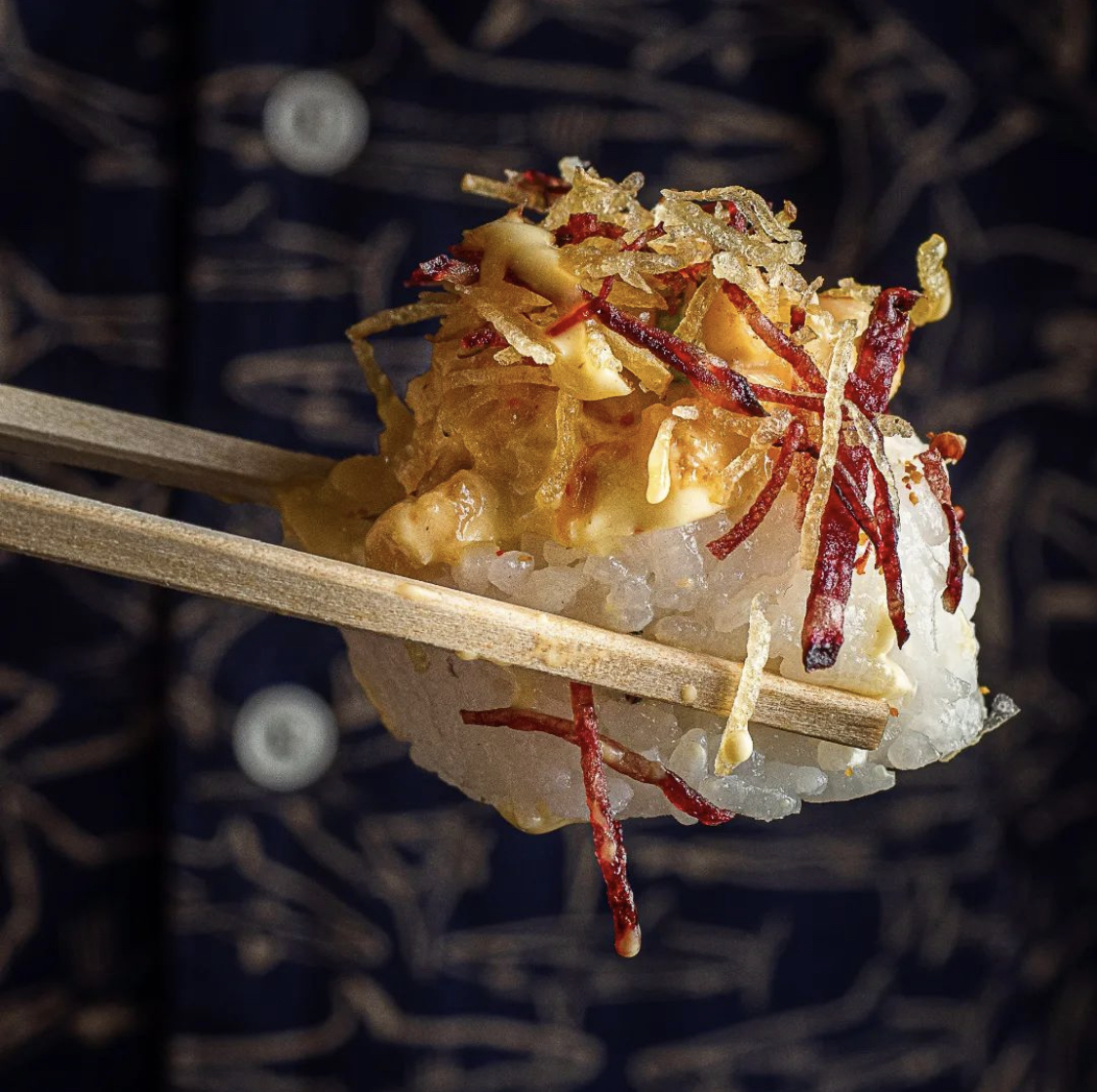Have you ever wondered about the intricacies of Enkai Hisse, the Japanese drinking party? Enkai Hisse: A Comprehensive Guide To The Japanese Drinking Party unveils the secrets behind this fascinating cultural tradition.
Editor's Note: "Enkai Hisse: A Comprehensive Guide To The Japanese Drinking Party" has been published today to provide valuable insights into this important aspect of Japanese culture.
Our team has conducted extensive research and analysis, delving into the nuances of Enkai Hisse. This guide is a culmination of our efforts, offering a comprehensive understanding of this unique social gathering.
Key differences or Key takeways, provide in informative table format
Transition to main article topics
FAQ
This FAQ section provides comprehensive answers to common questions and addresses misconceptions regarding Enkai Hisse, the unique Japanese drinking party. Read through these Q&A pairs to enhance your understanding and ensure a successful and enjoyable experience.

Surviving the Enkai: How to Prepare for Japanese Drinking Culture at - Source blog.gaijinpot.com
Question 1: What is the purpose of an Enkai Hisse?
An Enkai Hisse serves multiple purposes. Primarily, it fosters camaraderie and strengthens relationships among colleagues. It also provides an opportunity for socialization and stress relief, contributing to overall well-being.
Question 2: Who typically attends an Enkai Hisse?
Attendance at an Enkai Hisse typically includes employees of a company or organization, including supervisors, managers, and team members from various departments. It provides a platform for cross-functional interaction and relationship building.
Question 3: What is the etiquette for attending an Enkai Hisse?
Enkai Hisse etiquette emphasizes respect and camaraderie. Arrive on time, dress appropriately, participate actively in conversations, and follow the instructions of the Kanpai master. Avoid excessive drinking or disruptive behavior.
Question 4: How is the cost of an Enkai Hisse typically covered?
The cost of an Enkai Hisse is usually shared among the attendees, ensuring equal distribution and fairness. Sometimes, the company or organization may subsidize or cover the expenses, depending on company policy and budget.
Question 5: What are some common expectations at an Enkai Hisse?
Attendees are expected to be engaged, respectful, and supportive of colleagues. Active participation in conversations, games, and activities is encouraged. It is also customary to offer toasts, share stories, and engage in lighthearted banter.
Question 6: What are the potential benefits of attending an Enkai Hisse?
Enkai Hisse offers numerous benefits, including improved communication, enhanced teamwork, increased job satisfaction, and stronger team spirit. It provides a valuable platform for networking and building lasting relationships.
By adhering to these guidelines and understanding the purpose and etiquette of Enkai Hisse, attendees can fully embrace the benefits and enjoy a memorable and rewarding experience. Enkai Hisse: A Comprehensive Guide To The Japanese Drinking Party offers further insights into this unique cultural tradition.
Transitioning to the next article section...
Tips
Enkai are traditional Japanese drinking parties that play a significant role in Japanese business culture. To ensure a successful and enjoyable experience, it is important to follow specific etiquette and tips. Here are a few guidelines to help you navigate enkai effectively:
Tip 1: Dress Appropriately
Dress code for enkai is typically business casual or formal. For men, a suit or dress pants with a button-down shirt is suitable. Women should consider a dress or skirt and blouse. Avoid wearing casual clothing such as jeans or t-shirts.
Tip 2: Punctuality is Essential
Punctuality is highly valued in Japanese culture. Arrive on time or slightly early for the enkai. Being late can cause inconvenience and show disrespect to the host and other attendees.
Tip 3: Respect the Seating Arrangements
The seating arrangements at an enkai are typically predetermined. Follow the instructions of the host and sit in the designated seat. The host usually sits at the head of the table, with the highest-ranking guests on their right.
Tip 4: Pour Drinks for Others
Pouring drinks for others is a common practice at enkai. When someone's glass is empty or nearly empty, fill it up to show your hospitality. However, do not overfill the glass, as it is considered rude.
Tip 5: Pace Yourself with Alcohol
Enkai can involve a lot of alcohol consumption. While it is important to enjoy yourself, it is crucial to pace yourself. Drink at a moderate pace and avoid getting visibly intoxicated.Excessive drinking can impair your judgment and make it difficult to adhere to proper etiquette.
Tip 6: Participate in Games and Activities
Enkai often involve games and activities designed to encourage interaction and break the ice. Participate in these activities with enthusiasm, as they provide an opportunity to build relationships and have fun with your colleagues.
Summary:
By following these tips, you can ensure a successful and enjoyable enkai experience. Remember to dress appropriately, arrive on time, respect seating arrangements, pour drinks for others, pace yourself with alcohol, participate in games and activities, and maintain a respectful and professional demeanor throughout the event.
Enkai Hisse: A Comprehensive Guide To The Japanese Drinking Party
Enkai Hisse (company drinking party) is an integral part of Japanese business and social culture. It serves multiple essential purposes, including fostering team cohesion, building relationships, and strengthening bonds. Understanding the etiquette and key aspects of company drinking parties is crucial for both locals and visitors to navigate these events effectively.
- Hierarchy:

Enkai Restaurant offers great Japanese Peruvian Fusion! - Panama Casco - Source panamacascoviejo.com - Orderliness:
- Kanpai (Cheers):
- Drinking Games:
- Entertainment:
- Respect:
Enkai Hisse adheres to strict hierarchical customs, with seniors being served and addressed first. During the event, a sense of orderliness is maintained, with speeches, toasts, and games following a set protocol. Kanpai, or cheers, are an essential part of the party, ritually starting and ending rounds of drinks. Drinking games such as dices and card games are popular, promoting interaction and camaraderie. Entertainment may include karaoke or other performances, creating a jovial atmosphere. Above all, respect is paramount, with participants mindful of their actions and respectful of others.
Enkai Hisse: A Comprehensive Guide To The Japanese Drinking Party
Enkai Hisse plays an important role in Japanese culture as a way to relax, socialize, and build relationships with colleagues. In Japan, companies often organize enkai as part of employee appreciation and to foster a sense of community. Due to importance of enkai in Japanese culture, Enkai Hisse provides a comprehensive guide for these gatherings, covering everything from etiquette to party games.

Enkai Restaurant offers great Japanese Peruvian Fusion! - Panama Casco - Source panamacascoviejo.com
For example, the guide covers how to behave at an enkai, including how to order drinks and food, how to make a toast, and how to navigate the social dynamics of the occasion. Enkai Hisse also includes a list of popular enkai games, as well as tips on how to play them.
The understanding of enkai culture is essential to comprehend the social norms and customs of Japanese workplace and society. By following the guidance provided in Enkai Hisse, individuals can participate in enkai confidently and appropriately, strengthening their bonds with colleagues and enhancing their understanding of Japanese culture.
Conclusion
Enkai Hisse: A Comprehensive Guide to the Japanese Drinking Party provides a comprehensive overview of this important aspect of Japanese culture. The guide covers everything from etiquette to party games, providing readers with the knowledge they need to participate in enkai confidently and appropriately.
Enkai Hisse is an invaluable resource for anyone who wants to learn more about Japanese culture or who will be attending an enkai. By following the guide's advice, readers can make the most of this unique opportunity to socialize, build relationships, and experience Japanese culture firsthand.